In Maya Angelou’s autobiography, All God’s Children Need Traveling Shoes, she describes the revelatory experience of moving to Ghana in 1962 for three years. This is where she would form a kinship with actor Julian Mayfield and playwright Efua Sutherland and discuss politics with Malcolm X. At 33 years old Angelou joined a community of American expatriates who called themselves “Revolutionary Returnees” and embraced the Pan-African movement of uniting all indigenous Africans. In Ghana Angelou explored triple consciousness as a revolutionary Black American in Africa when identifying with your roots had captured the zeitgeist of Black culture stateside.
I read the book for the first time when I was a freshman in college at Howard University; my association with Ghana had been fairly nebulous up to that point. My parents were a part of a south Florida Ghanaian association; they were constantly in contact with family members “back home”; and they freely spoke Twi, the language of our Ashanti people. I was fully aware of who I was and where my ancestors were from, but I was as consciously connected to West Africa as a Chinese-made dashiki from a Miami flea market—Ghanaian-looking on the surface but lacking authenticity in knowledge at my core. I had spent most of my life trying to blend in, treating my Ghanaianness like sharp quills of a porcupine I trimmed down to assimilate with the African-Americans and Haitians I went to high school with.
Once I finished Angelou’s book, I had an epiphany: Not only am I privileged for having strong ties to such a culturally rich nation but I also owe my ancestors the duty of fully comprehending their excellence.
Ghana was originally known as the Gold Coast before several different European occupations. In 1957, led by President Kwame Nkrumah, it became the first country in sub-Saharan Africa to gain independence. Before his tenure, the proliferation of dueling political parties and a military coup d’état that toppled his administration, Ghana was a major hub for the trans-Atlantic slave trade. Fast-forward to today—400 years after the arrival of the first chain-linked laborers on American soil—and the country is commemorating the descendants of slaves with Year of Return: Ghana 2019.
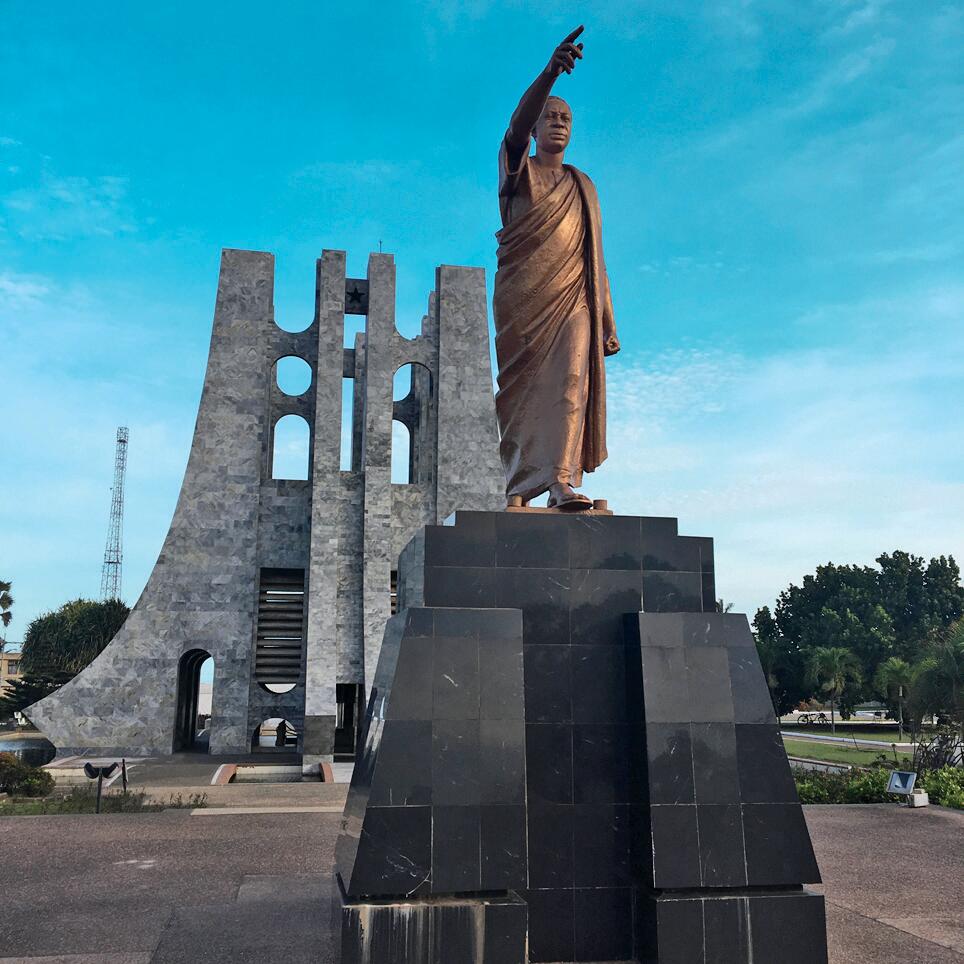
In August 2018 Ghana’s president, Nana Akufo-Addo, announced that the Return celebrates the contributions that Africans of the diaspora have “made to the lives of the Americans.” Every diasporic African is being encouraged to visit and learn more about the West African country. I’ve been to Ghana twice in my life: as a 1-year-old in 1988 and as a 29-year-old in 2016. The second journey was years in the making, having missed a few opportunities to go because I was preoccupied with school or my job. While Angelou’s words uncovered my deep desire to relate to a place I’d only visualized through my mind’s eye, life got in the way.
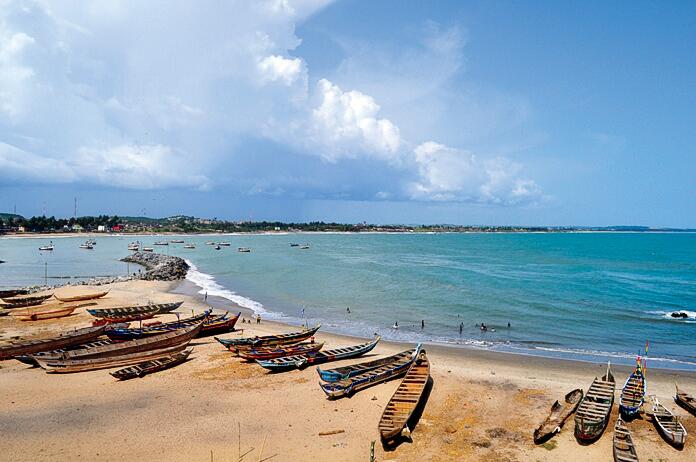
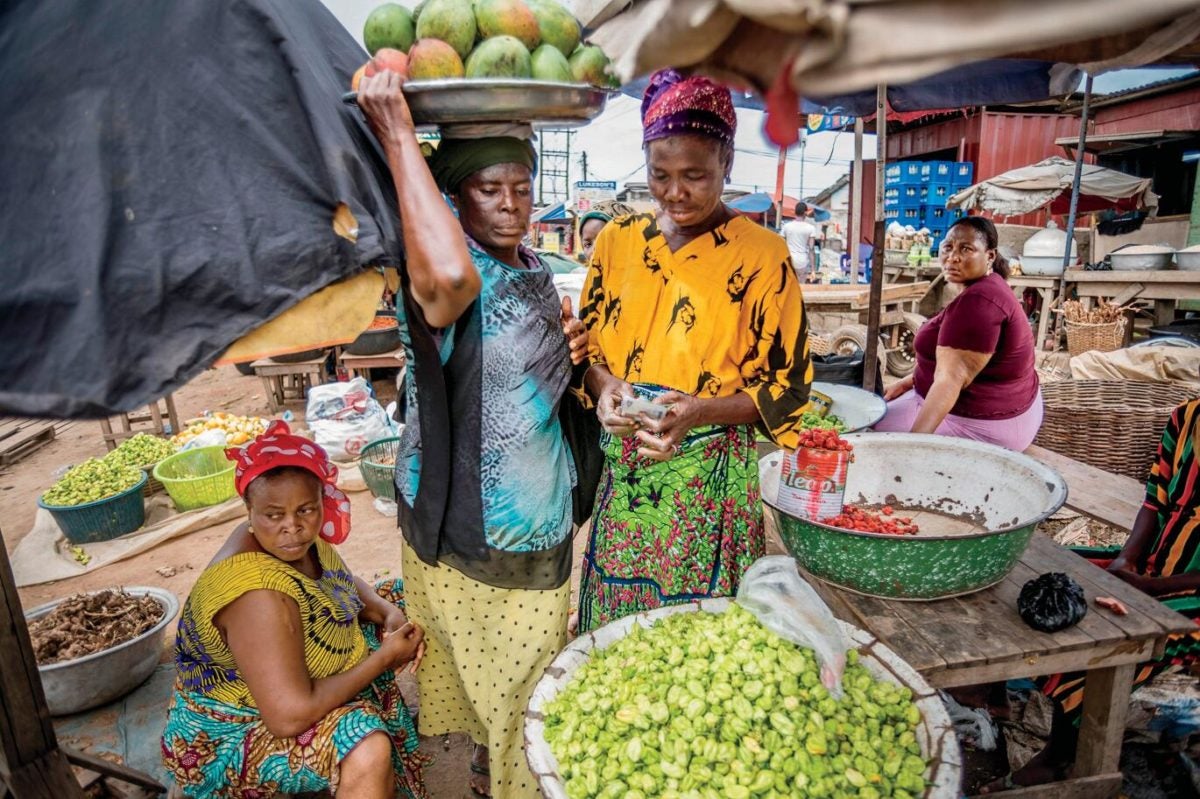
On the precipice of launching my company, the Volta River, a curated e-commerce site that sells goods from artisans of the diaspora, I traveled to Ghana. After years of working in fashion journalism, I learned that the contributions of Black designers had been erased from the narrative of design. Designers of color require an elevated platform to truly shine, and that is my intent with the Volta River—my journey to Ghana was twofold: to reconnect with family and to attend Ghana Fashion and Design Week.
Doing those things would eventually inform how I’d run my company. In the ten days I was there, I walked the canopies of Kakum National Park, ate countless meals in the homes of distant “uncles” and “aunties,” shopped in Kumasi Central Market, dipped my toes in Lake Bosomtwe, cried at the doors of Elmina Castle and danced to high-life music in the backyard of my father’s home. I was full.
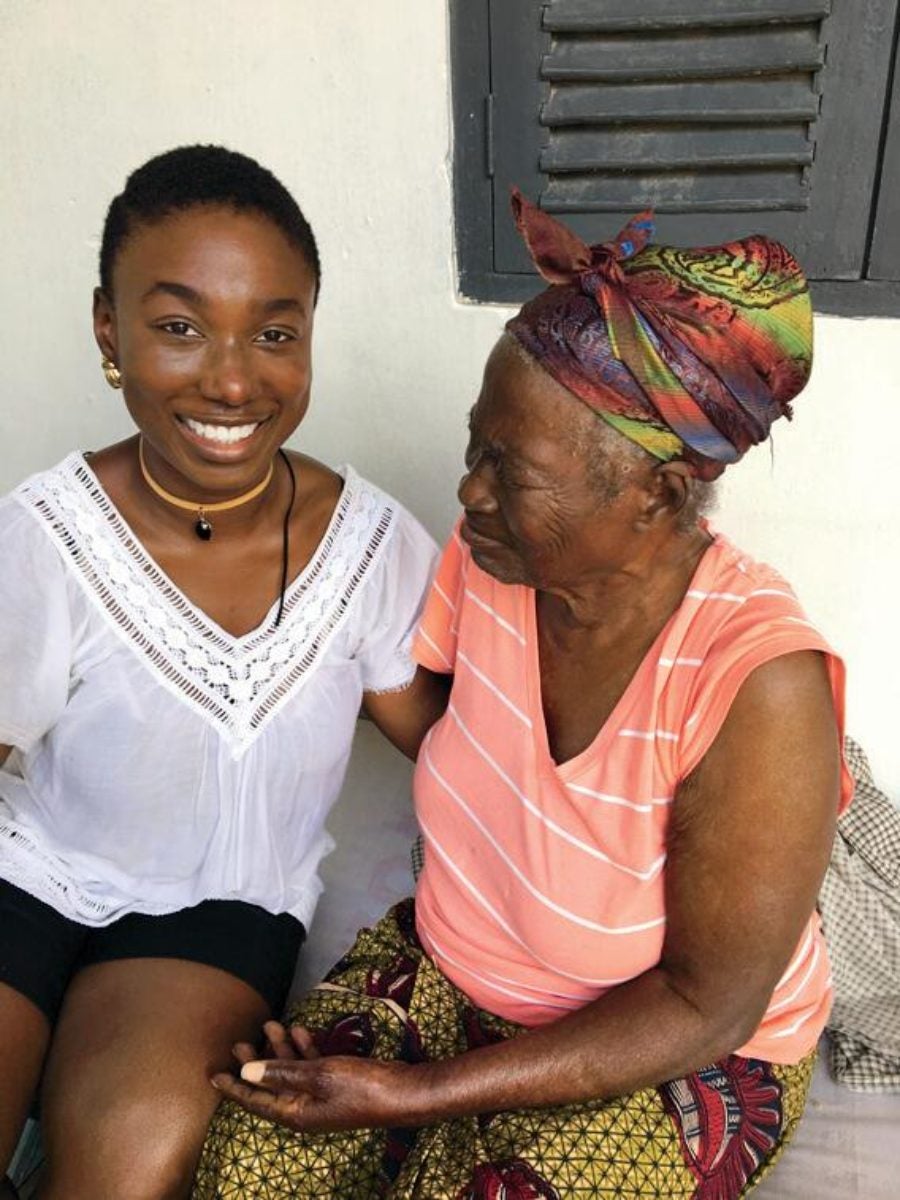
It only made sense for a portion of my first-year sales from the Volta River—named after the body of water that is a major facilitator of cross-continental trade in Ghana—would end up going to my family’s nonprofit, Asamang Relief Donation, to build a well for the small town of Asamang. Because of that 2016 trip, my heritage and my career were finally aligned, and there was no looking back.
On a recent call with a friend who was conducting research about first-generation Ghanaians, I was asked, “What does being Ghanaian mean to you?” I immediately thought about my last trip. I thought about the beautiful chaos of Black people coexisting in bustling Accra. I thought about Labadi Beach and its soft sand. I thought about the golden throne where my ancestors sat and made legislative decisions. I thought about how fortunate I am to exist in this body, in this time period, having been the by-product of resilient people. “Honored,” I responded. “Being Ghanaian means being incredibly proud of my ancestors and constantly challenging myself to be all that they unknowingly invested in.”
In the closing chapter of Angelou’s book, she describes leaving Ghana, saying her farewells at the Accra airport to friends who ultimately became family. “Many years earlier, I—or rather someone very like me and certainly related to me—had been taken from Africa by force,” she writes. “This second leave-taking would not be so onerous, for now, I knew my people had never completely left Africa. We sung it in our blues, shouted it in our gospel and danced the continent in our breakdowns.”
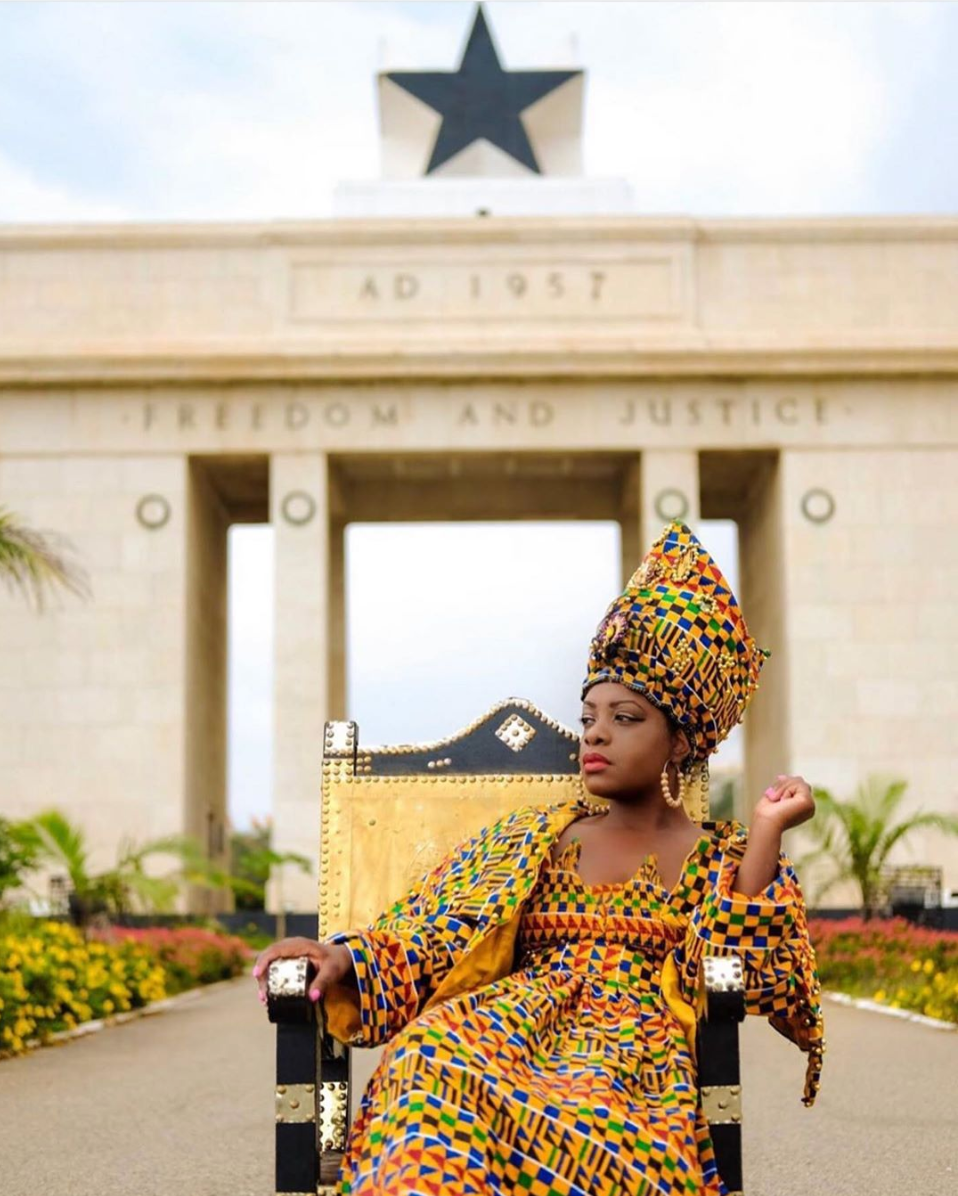
Even if people don’t have a Ghanaian family tree, the Return is a worthy trip for descendants of Africa. Discovering oneself in Ghana, for African-Americans in particular, isn’t siloed into being able to name your ancestors. Self-discovery, especially of the cultural kind, heightens our awareness of how much we can handle life’s obstacles simply by examining what our forefathers overcame. Perspective needs context, and there’s no better way to find out how and what Africans contributed to the Western world than going back to where it all began.
